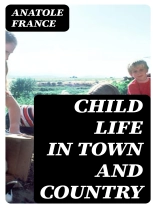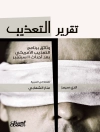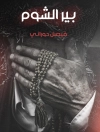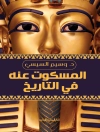In ‘Child Life in Town and Country, ‘ Anatole France presents a poignant exploration of childhood experiences against the contrasting backdrops of urban and rural settings. The narrative is characterized by France’s elegant prose and keen observations, capturing the innocence, curiosity, and complexity of childhood. Each chapter offers a vivid account interwoven with whimsical tales and philosophical reflections, revealing the divergent influences of environment on the young psyche. France’s literary style, marked by a blend of realism and romanticism, provides a rich context that invites readers to reflect on the broader societal implications of childhood in both city and countryside. Anatole France, a Nobel Prize-winning writer, was deeply influenced by his early years and his experiences in Parisian society. His own childhood memories, combined with a profound understanding of the human condition, compelled him to advocate for the importance of nurturing childhood. France’s engagement with social issues, coupled with an appreciation for the simplicity of life outside urban complexities, informs his discussion on the joy and suffering inherent in being a child. ‘Child Life in Town and Country’ is a must-read for those interested in the intersections of literature, philosophy, and the social fabric of childhood. France’s eloquent prose not only entertains but also provokes thoughtful dialogue about the lives and environments that shape the youngest members of society.
A propos de l’auteur
Anatole France, the pen name of François-Anatole Thibault (1844–1924), was a distinguished French poet, journalist, and novelist, with a career that reflected the aesthetic and intellectual developments of his time. France was born in Paris to a family of booksellers, where he was exposed to literature from an early age. Subsequently, his love for the written word came to define his life’s work. A member of the Académie Française and a Nobel Laureate in Literature in 1921, his literary style is noted for its irony and skepticism, often delving into discussions of social justice and humanity, while reflecting a deep humanistic concern (Nobel Prize, 1921).
Among his extensive literary contributions, ‘Child Life in Town and Country’ offers a charming portrayal of childhood experiences and idiosyncrasies. The book exemplifies France’s delicate and insightful narrative style, wherein he captures the essence of French society through the innocent eyes of children. This work, along with ‘The Crime of Sylvestre Bonnard’ (1881), and ‘The Revolt of the Angels’ (1914), corroborates France’s status as an eminent literary figure whose works have left an indelible mark on the annals of French literature. France’s legacy is one of wit and humanity, with his prose often mirroring the complexities and profundities of life itself.












